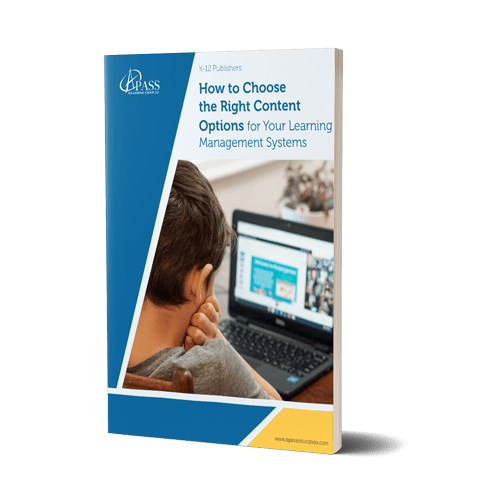In today’s world of virtual education, captivating students and ensuring their active participation in learning is a top priority for educators. The shift from traditional classrooms to digital platforms demands creative tactics to maintain students’ interest and create a fulfilling virtual learning experience. This blog explores a variety of effective strategies to improve student engagement in online education.
1. Dynamic Content Delivery: Keeping Students Engaged
In online learning, how information is presented plays a crucial role in maintaining student engagement. Employing a dynamic approach that incorporates multimedia elements, such as interactive videos, animations, and infographics, can transform dull subjects into captivating learning experiences. Also, by offering information in diverse formats, educators can cater to various learning preferences, keeping students actively involved.
2. Collaborative Learning Spaces: Encouraging Interaction
Creating virtual spaces for collaborative learning is vital for replicating the interpersonal dynamics of a traditional classroom and facilitates student engagement. Discussion forums, group projects, and virtual study sessions enable students to interact with peers and engage in meaningful academic discussions. These platforms not only enhance student engagement but also foster increased comprehension, critical thinking, and communication skills.
3. Gamification for Intrinsic Motivation
Gamification introduces elements of game design into the learning process, enticing students with challenges, rewards, and a sense of achievement. By integrating gamified elements into online courses, educators can tap into students’ intrinsic motivation, making the learning journey both enjoyable and fulfilling, which leads to increased student engagement. Points, badges, and leaderboard systems effectively track progress and encourage healthy competition.
4. Real-time Feedback: Promoting Continuous Improvement
Regular and timely feedback is a cornerstone of effective online teaching. Through real-time assessments, quizzes, and participation evaluations, educators provide students with immediate insights into their performance. Constructive feedback not only reinforces positive learning behaviors but also guides students in refining their understanding of course materials.
5. Personalized Learning Paths: Tailoring Education
Recognizing the diverse learning styles and preferences of students is crucial in the online learning environment. Offering personalized learning paths allows students to customize their educational experience, fostering a sense of ownership and relevance. Educators can utilize adaptive learning technologies to deliver customized content, ensuring student engagement and allowing them to progress at their own pace.
6. Virtual Guest Speakers and Industry Insights
Incorporating real-world insights into the virtual classroom can significantly enhance student engagement. Inviting guest speakers from relevant industries to share their experiences and perspectives adds a practical dimension to theoretical concepts. This approach not only broadens students’ understanding but also inspires them by showcasing the practical applications of their learning.
7. Synchronous and Asynchronous Interaction: Achieving Balance
Balancing synchronous and asynchronous interactions is crucial to accommodate various learning preferences. While live sessions facilitate real-time engagement, asynchronous activities, such as discussion boards and collaborative projects, offer flexibility and cater to different time zones. Striking this balance ensures that students can actively participate regardless of their schedules.
Conclusion: Enhancing the Online Learning Experience
In tackling the challenges of online learning, implementing these strategies can transform virtual education into a dynamic and engaging endeavor. By embracing dynamic content delivery, fostering collaboration, incorporating gamification, providing real-time feedback, personalizing learning paths, featuring industry insights, prioritizing tech-savvy platforms, and balancing synchronous and asynchronous interactions, educators can create an online learning environment that captivates students and promotes meaningful academic growth. As the digital landscape continues to evolve, so too can the strategies employed to enhance student engagement in online learning.





